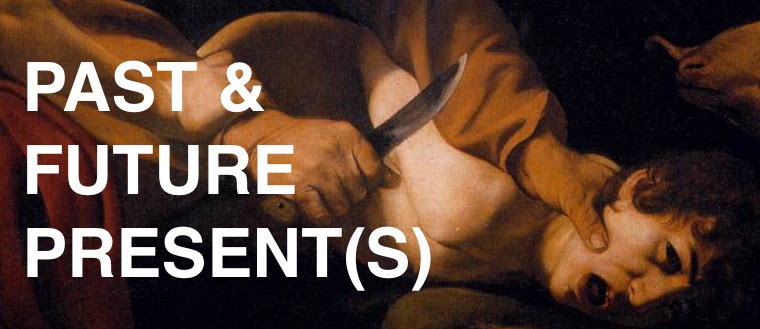Criticism is active class struggle…
What I have been calling contemporary "Left" criticism is vitally concerned with various problems stemming out of authority: such problematics as that of the "return" to Marx, Freud, Saussure and others, the issue of influence and intertextuality, the questions of l’impensé and the undecidable in deconstructive criticism, ideology as a factor in literary creation and dissemination. Yet hardly anywhere in all this does one encounter a serious study of what authority is, either with reference to the way authority is carried historically and circumstantially from the State down into a society saturated with authority of one sort or another, or with reference to the actual workings of culture, the role of intellectuals, institutions, and establishments. Furthermore if the language of magazines like Critical Inquiry, Glyph, and Diacritics is brimming with sentiments of depth, radicality and insight there is never so much as a paragraph expended there on what in the way of ideas, values and engagement is being urged; nor, for that matter, will one ever stumble on a serious attempt made to characterize what historically (and not rhetorically) it is that we advanced critics are supposed to be opposing. One's impression is that the young critic has a well-developed political sense, yet close examination of this sense reveals a haphazard anecdotal content enriched neither by much knowledge of what politics and political issues are all about nor by any very developed awareness that politics is something more than liking or disliking some intellectual orthodoxy now holding sway over a department of literature.
English Department Skull & Crossbones
New Critic Klansman is
Deconstructing the day
Name for night slaughter
They laugh, They soul they do not have
The Passagen-Werk, Benjamin's great unfinished work on Paris in the nineteenth century, includes several quotations from Lotze's Microcosmus, a book which was very popular in the late nineteenth century and is now forgotten. Lotze played an important and so far nearly unnoticed role in Benjamin's thought. One of the central themes of Benjamin's "Theses on the Philosophy of History," the urge to "brush history against the grain," developed Lotze's remarks on the redemption of the past within the framework of both Judaism and historical materialism. "Like every generation that preceded us," Benjamin wrote, "we have been endowed with a weak Messianic power, a power to which the past has a claim."
These words were written in 1940. In the light of what happened since then one is tempted to say that the last two generations have been endowed, on the contrary, with a powerful, albeit negative, messianic power. The end of history-not in the metaphorical sense, which became fashionable recently, but in a most literal sense—has been for the last half century a technical possibility. The potential self-destruction of humankind, in itself a turning point in history, has affected and will affect the life and the fragmented memories, respectively, of all future and past generations—including "those that are past or future, ten thousand years backwards or forwards," as Aristotle wrote. The realm of what Aristotle called "general law" seems to have expanded accordingly. But to express compassion for those distant fellow humans would be, I suspect, an act of mere rhetoric. Our power to pollute and destroy the present, the past, and the future is incomparably greater than our feeble moral imagination.
— Carlo Ginzburg (1994)
Racist and sexual violence are practices that are not only tolerated but explicitly—or if not explicitly, then implicitly—encouraged. When these modes of violence are recognized—and they are often hidden and rendered invisible—they are most often the most dramatic examples of structural exclusion and discrimination. I think it would be important to go further developing that analysis, but I am going to conclude by saying that the greatest challenge facing us as we attempt to forge international solidarities and connections across national borders is an understanding of what feminists often call “intersectionality.” Not so much intersectionality of identities, but intersectionality of struggles.
— Angela Davis (2015)
...one could not be a calm, cool, and detached scientist while Negroes were lynched, murdered, and starved.
— W.E.B. Du Bois (1940)



No comments:
Post a Comment